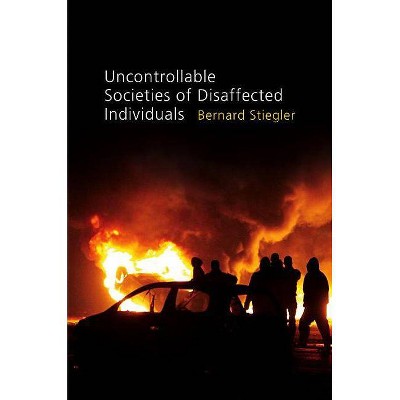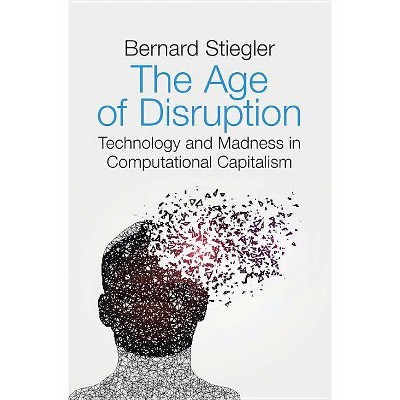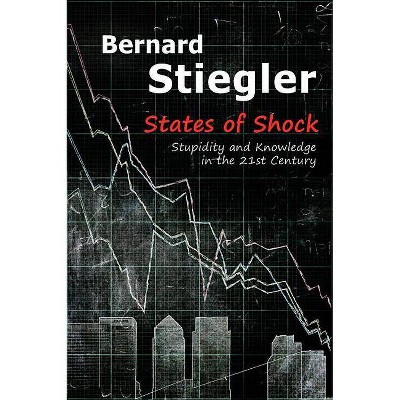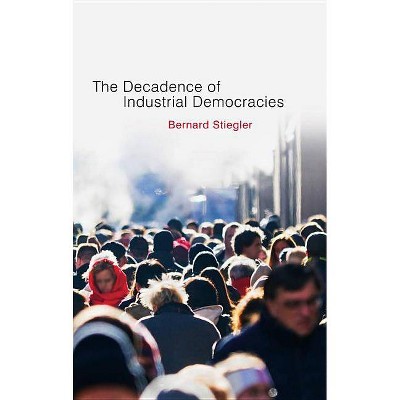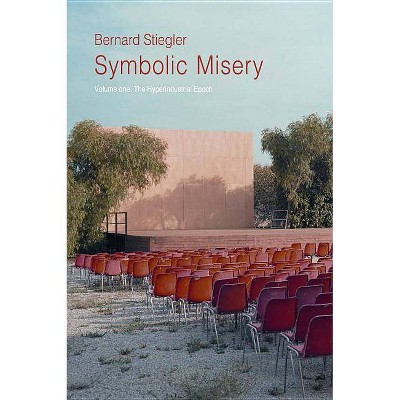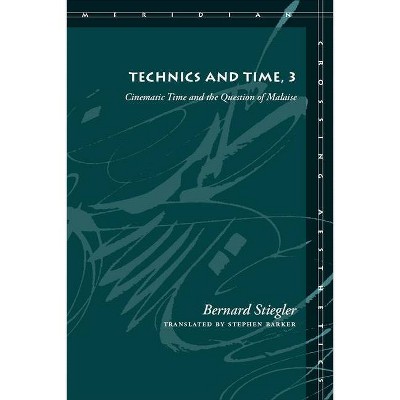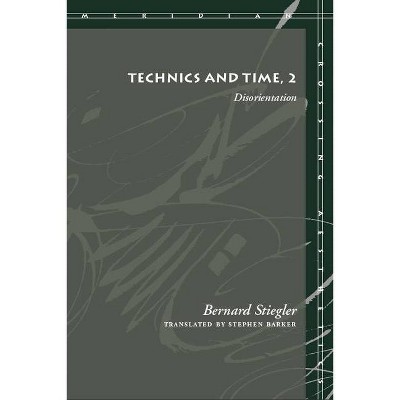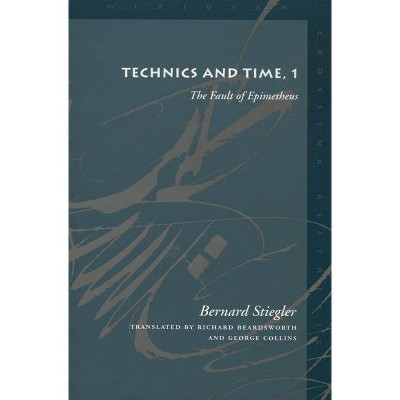The Lost Spirit of Capitalism - (Disbelief and Discredit) by Bernard Stiegler (Paperback)
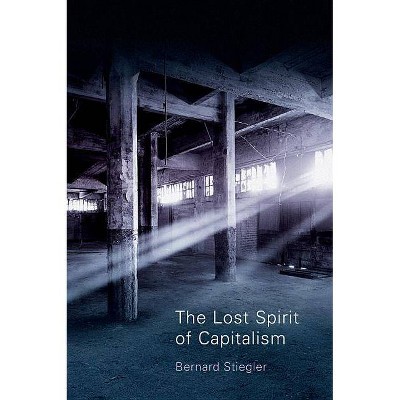
Similar Products
Products of same category from the store
AllProduct info
<p/><br></br><p><b> Book Synopsis </b></p></br></br>Max Weber famously argued that the rise of capitalism in early modern Europe was premised on the emergence of a distinctive set of attitudes - including the pursuit of profit for its own sake - which he called 'the spirit of capitalism'. Today, when capitalism has spread across the globe, the spirit of capitalism would appear to reign supreme. <br /> <br /> In this important book Bernard Stiegler takes a very different view: what we are witnessing today is not the triumph of the spirit of capitalism but rather its demise, as our contemporary 'hyper-industrial' societies become increasingly uncontrollable, profoundly irrational and incapable of inspiring hope. Disenchantment and despair have become the everyday lived experiences of countless individuals. Far from being a moment of liberation, May '68 was just the first symptom of our increasing disenchantment and 'spiritual misery'. The libidinal energy that originally underpinned capitalism has become an unbound force, unleashing drives that can no longer be contained.<br /> <br /> Is there an alternative? Stiegler argues that the development of alternatives must begin with a new industrial policy, designed to recognize that technologies are what Plato called pharmaka, meaning both poison and cure. Industrial society has a future only if we can create technologies that foster relations of care (otium) for people whose spirit has been exhausted by contemporary consumerism. We must develop an ecology not only to protect the planet but also to renew the exploited energies of human desire. <br /> <br /> This volume - the third in a trilogy that includes <i>The Decadence of Industrial Democracies</i> and <i>Uncontrollable Societies of Disaffected Individuals</i> - will consolidate Stiegler's reputation as one of the most original philosophers and cultural theorists of our time.<p/><br></br><p><b> Review Quotes </b></p></br></br><br>''Capitalism has lost its spirit, not to mention its mind: destroying the desire it claims to channel, incapable of establishing any value beyond narrow calculation, it now needs saving from itself. Revisiting (and revising) Freud and Marcuse, proposing a 'libidinal ecology' to help us avoid the disaster ahead, Stiegler might just be the man for the job.''<br /> <b>Martin Crowley, Queens' College, University of Cambridge<br /> <br /> </b>Stiegler asks not how hyperindustrial capital can be reissted today but whether capitalism can be saved from itself and the Pandora's box of dead-end futures that it now generates, from zombie cultures of mass consumerism to the devastation of the biosphere. His bold response is to call for and lay out a new 'libidinal ecology', a project that will become a key reference point for anyone concerned with the central transformative questions of our time.<br /> <b>Tom Cohen, State University of New York at Albany</b><br><p/><br></br><p><b> About the Author </b></p></br></br><b>Bernard Stiegler</b> is Director of Cultural Development at the Centre Pompidou in Paris. His many books in English include <i>Technics and Time</i>, <i>For a New Critique of Political Economy</i>, <i>The Decadence of Industrial Democracies</i> and <i>Uncontrollable Societies of Disaffected Individuals.</i>
Price History
Price Archive shows prices from various stores, lets you see history and find the cheapest. There is no actual sale on the website. For all support, inquiry and suggestion messages communication@pricearchive.us

